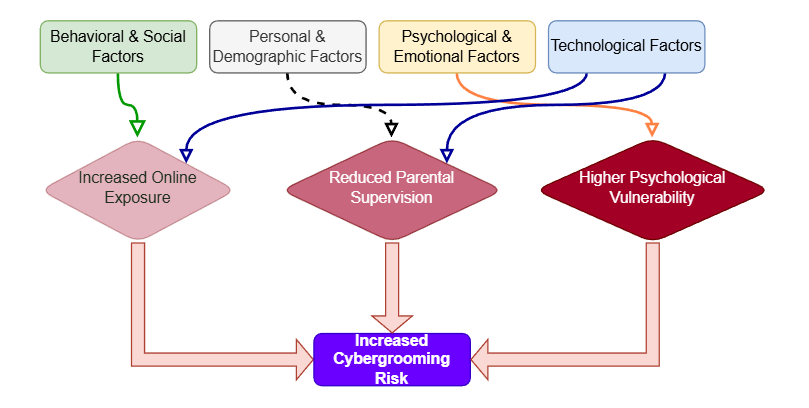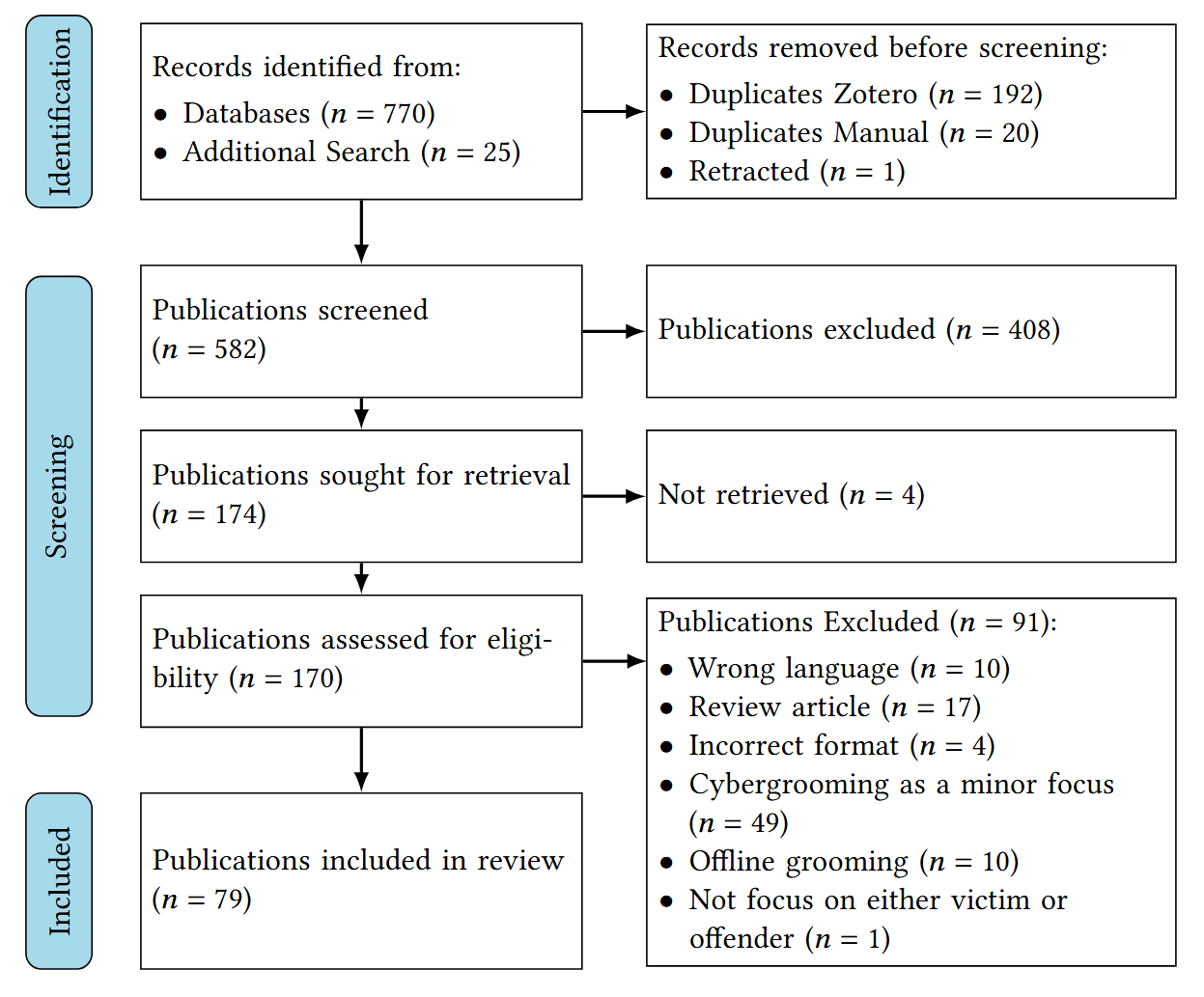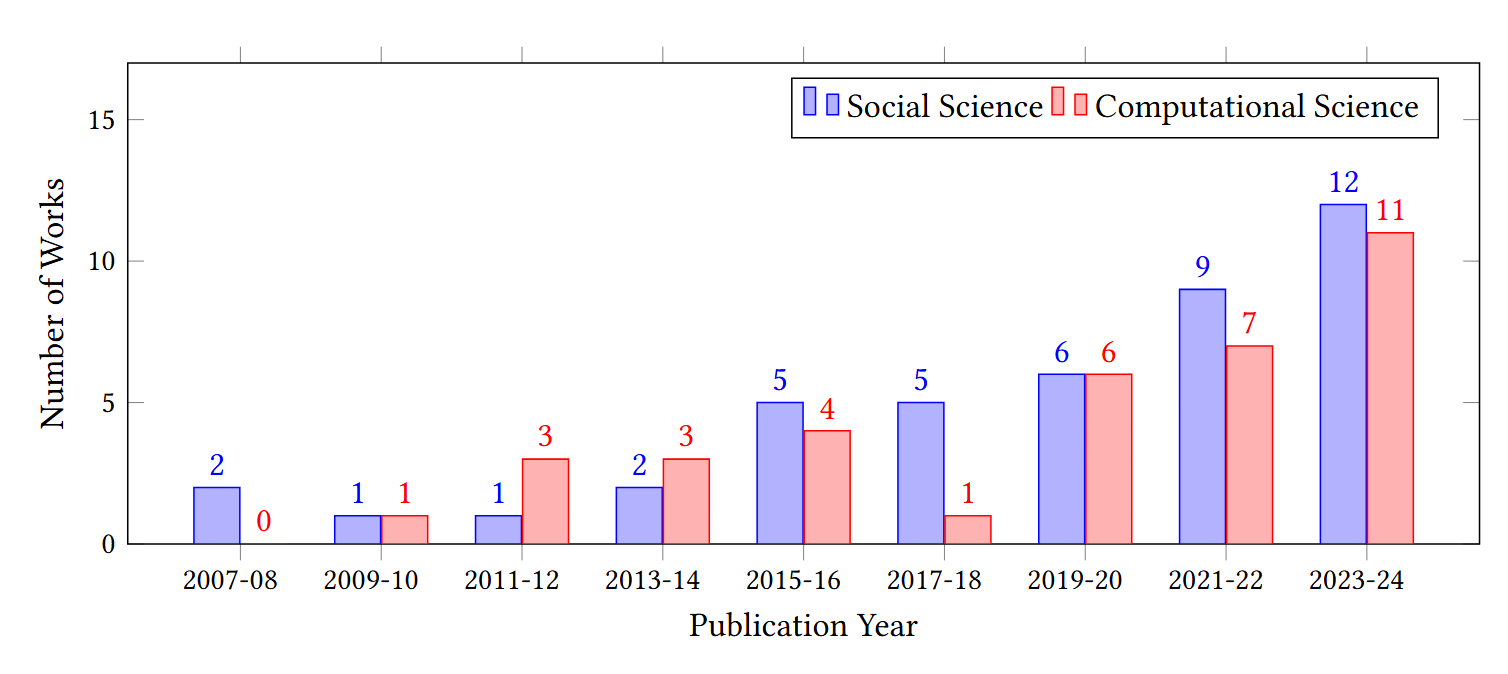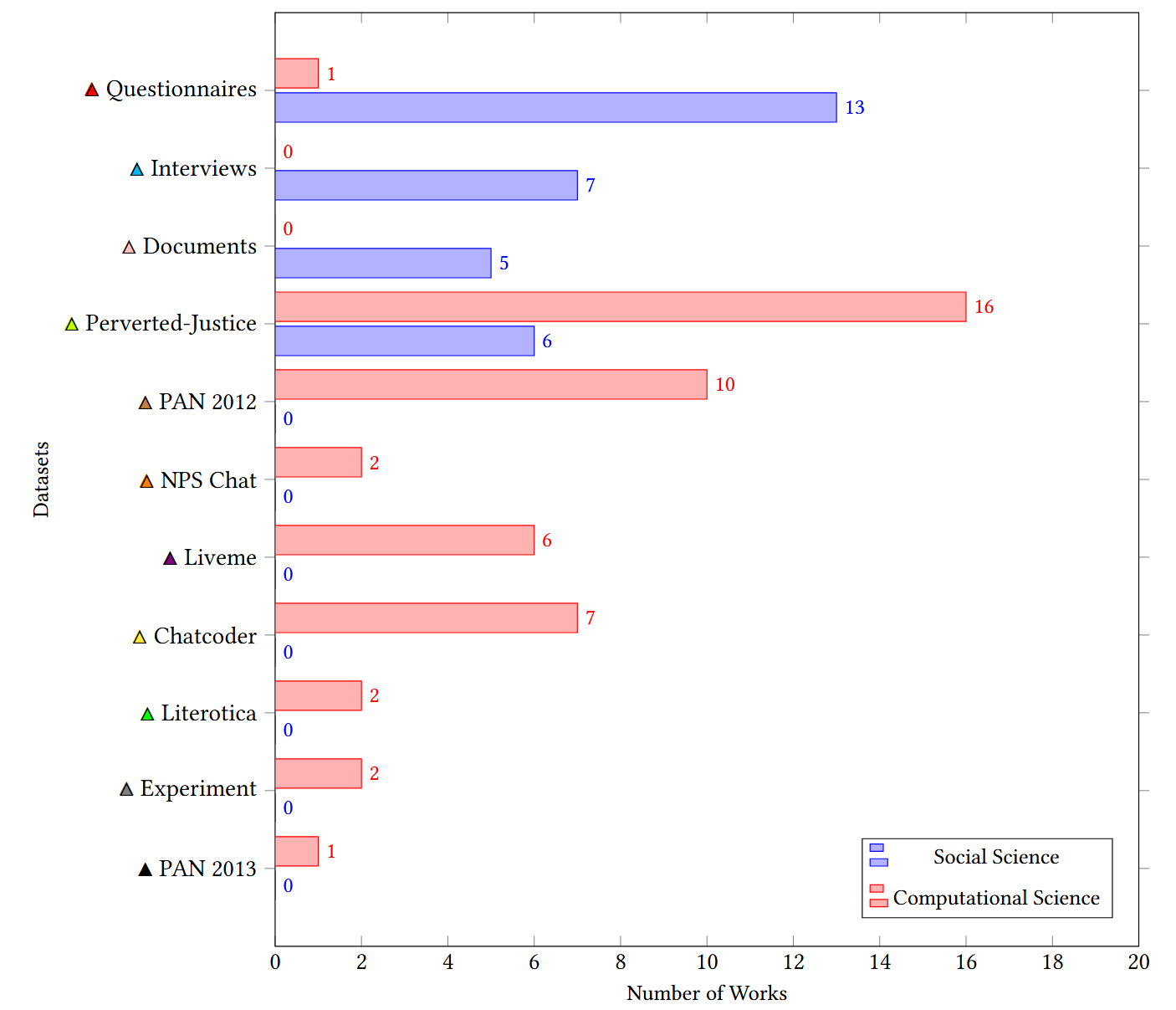Full Description
Cybergrooming exploits minors through online trust-building, yet research remains fragmented, limiting holistic prevention. Social sciences focused on behavioral insights, while computational methods emphasized detection, but their integration remains insufficient.
This review systematically synthesized both fields using the PRISMA framework to enhance clarity, reproducibility, and cross-disciplinary collaboration. Findings showed that qualitative methods offered deep insights but are resource-intensive, machine learning models depend on data quality, and standard metrics struggle with imbalance and cultural nuances. By bridging these gaps, this review advanced interdisciplinary cybergrooming research, guiding future efforts toward more effective prevention and detection strategies.



